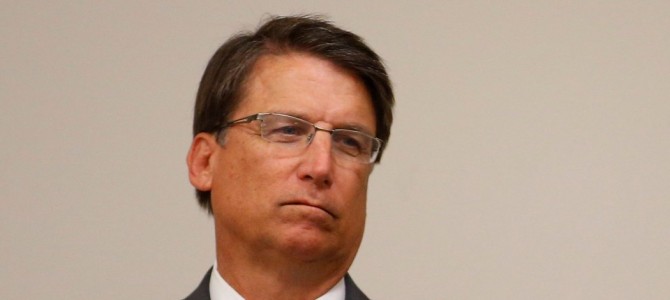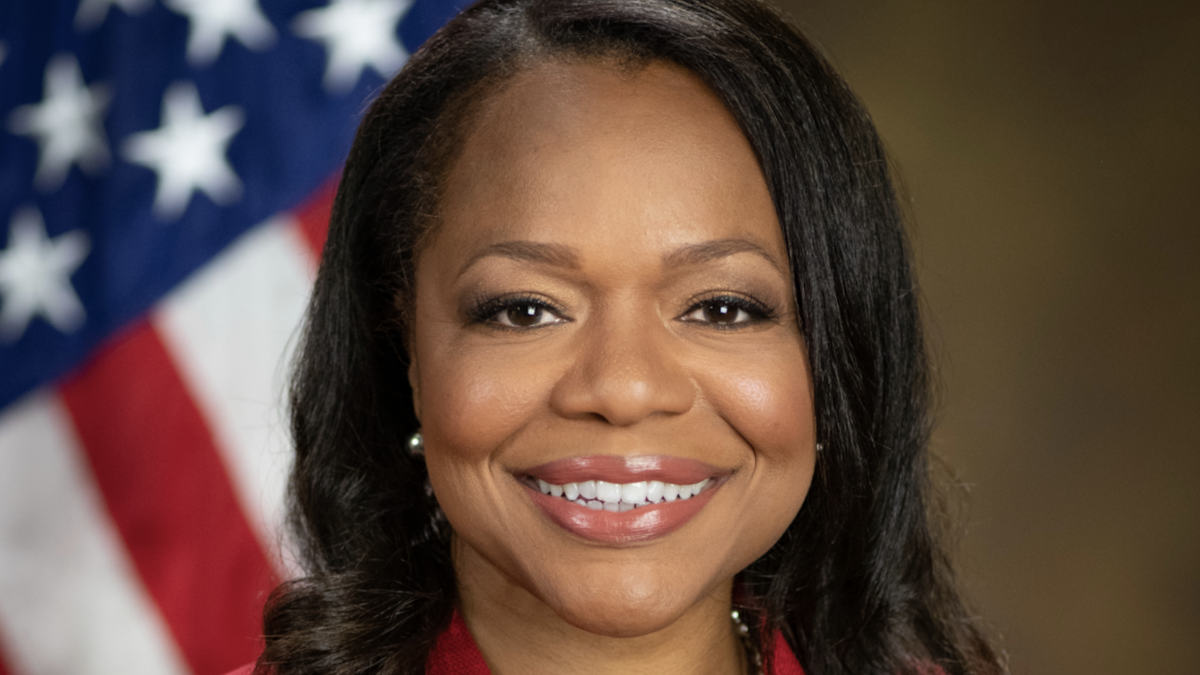Magistrates and clerks who object to same-sex marriage for religious reasons can keep their jobs in North Carolina.
The NC House voted this morning, 69-41, to override Gov. Pat McCrory’s veto of Senate Bill 2, which allows magistrates and clerks to recuse themselves from performing all marriages due to religious objections to same-sex marriage.
The vote came after the Senate passed a motion, 32-16, a week ago to override the governor’s objections. The bill allows magistrates and clerks to recuse themselves from performing any marriages (heterosexual or same-sex) for at least six months. Any couples showing up at the courthouse will still be able to get married as other magistrates or judges will take over the duty of performing the ceremonies.
The bill, however, has been labeled by some as “anti-gay” and a “right to discriminate bill.”
“We’re extremely disappointed that the legislators passed this bill, which is clearly discriminatory,” said Rev. Jasmine Beach-Ferrar of the Campaign for Southern Equality. “Today we saw the Legislature move forward with a transparent anti-gay agenda. . . . It is unconstitutional and won’t stand up in court.”
The ACLU of North Carolina is calling for any couples “who encounter new hurdles because of this discriminatory law to contact our office.”
“This is a sad day for North Carolina that history will not judge kindly,” said Sarah Preston, acting Executive Director of the ACLU of North Carolina. “Just eight months after our state extended the freedom to marry to same-sex couples, extremist lawmakers have passed discrimination into law, allowing government officials to deny marriage services to virtually any couple. This shameful backlash against equality will make it harder for all couples in our state to marry and force many to spend what is supposed to be a happy day trapped in a maze of government offices.”
State Sen. Phil Berger, who proposed the bill, has made it clear that no one will be discriminated against because all couples will still be able to get married, and the bill simply brings a balance to marriage laws and religious rights.
Public officials “do not park their first amendment rights at the door,” Berger said.
According to the Civil Rights Law, employers must make accommodations to people who can’t fulfill their duty because of sincerely held religious beliefs, as long as that accommodation does not cause undue hardship for the employer. The bill is an effort to accommodate employees.
McCrory disagreed, saying public officials need to keep their oaths. “We are a nation and state of laws,” McCrory wrote. “Whether it is the president, governor, mayor, a law enforcement officer or magistrate, no public official who voluntarily swears to support and defend the Constitution and discharge the duties of their office should be exempt from upholding that oath.”
Rep. Larry Hall (D-Durham) opposed the motion to override the governor’s veto, claiming it creates second-class citizens, and “we owe more to the citizens of North Carolina and the value of an oath.”
North Carolina joins Utah as the only other state that has passed a similar exemption.









